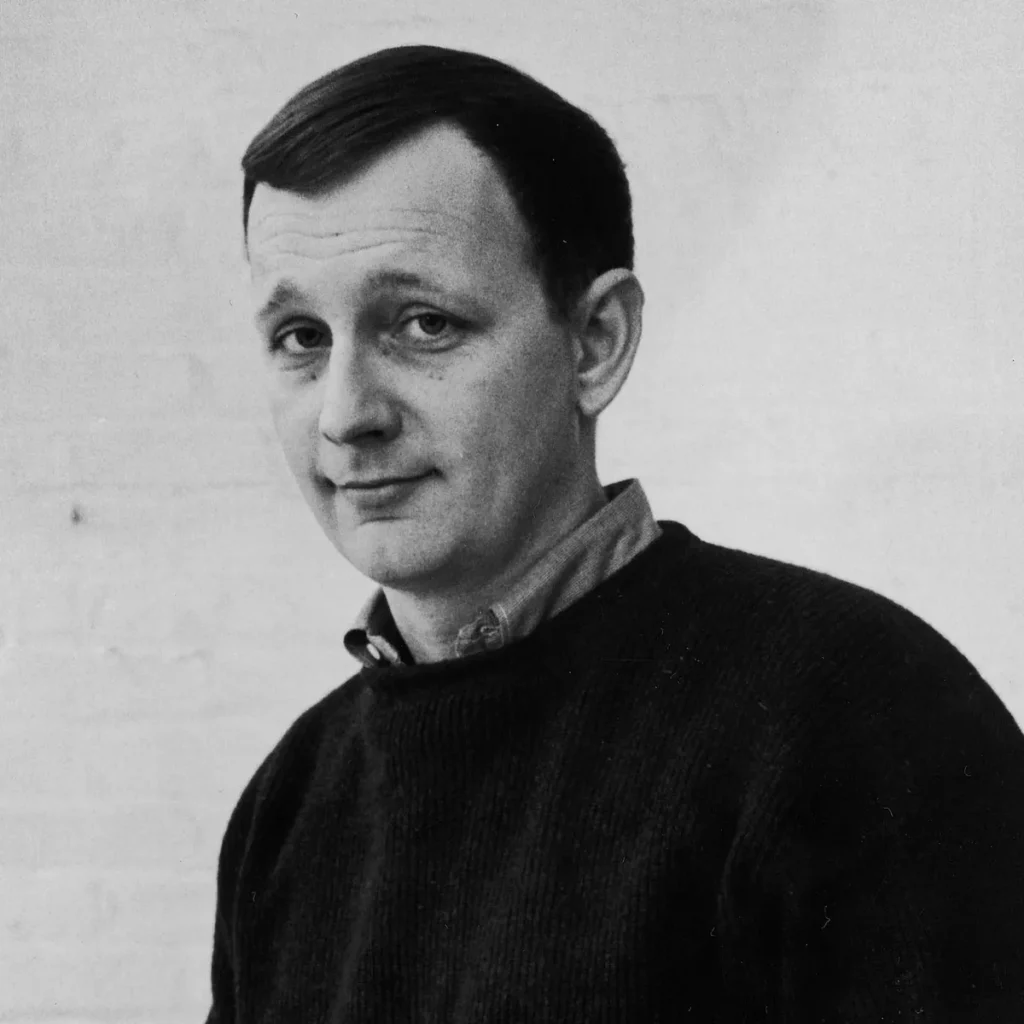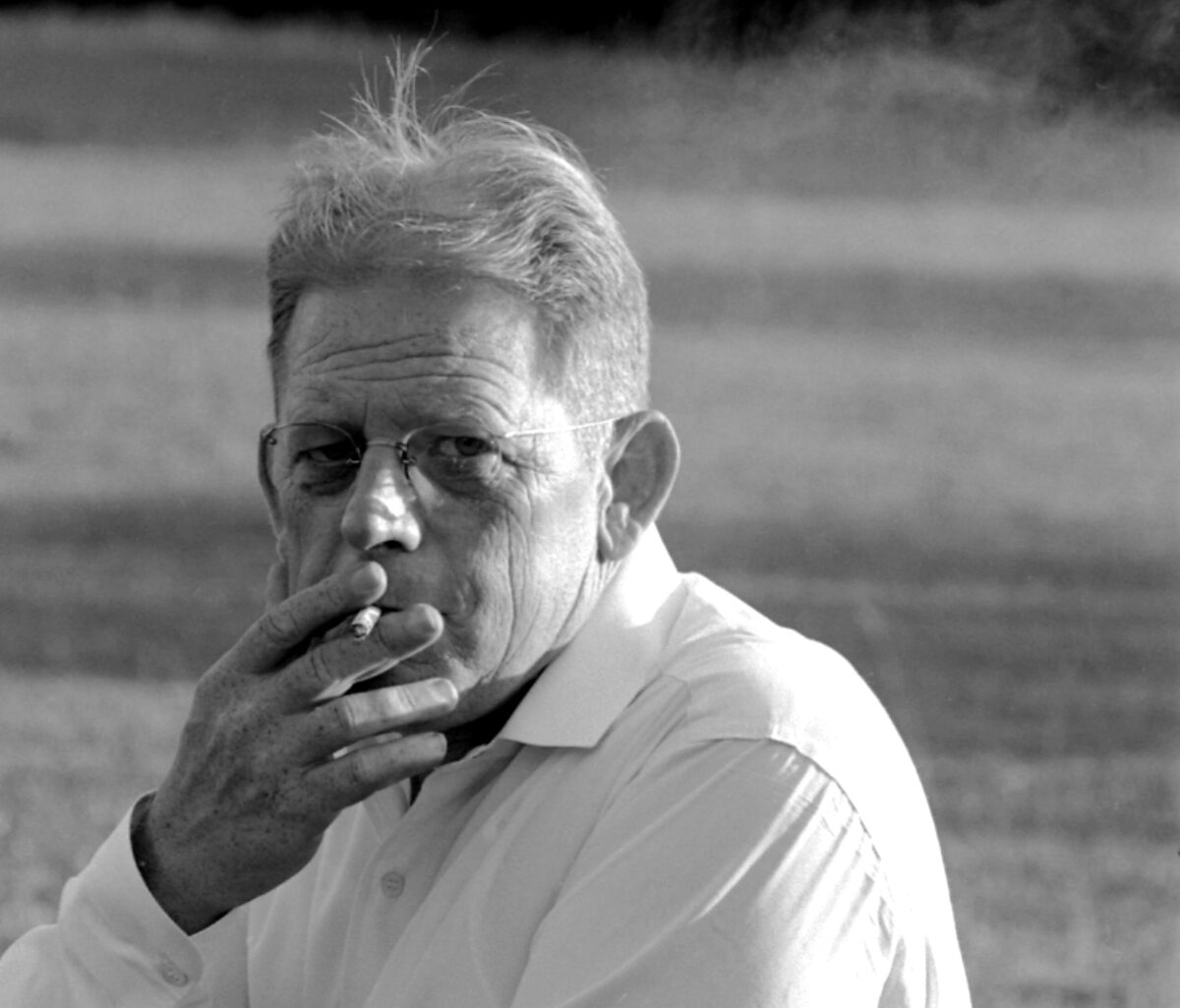Donald Barthelme was a unique voice in American literature, known for his innovative and experimental approach to writing. With a career spanning several decades, Barthelme produced a wide variety of works, including short stories, novels, and essays, many of which challenged traditional narrative forms and explored new possibilities for language and storytelling. His writing was marked by a playful and irreverent spirit, a willingness to experiment with form and style, and a deep sense of curiosity about the world and the human condition.
Donald Barthelme was an American writer who was born in Philadelphia, Pennsylvania, in 1931. He grew up in Texas and attended the University of Houston, where he studied journalism and worked as a journalist before turning to writing fiction. Barthelme became associated with the literary movement known as postmodernism, which, put, rejected traditional storytelling conventions and emphasized self-consciousness and playfulness in literature. He also co-founded the Creative Writing Program at the University of Houston, where he was renowned as a kind, encouraging mentor to young, aspiring writers.
In his writing, Barthelme used unusual syntaxes and fragmented narratives, and diverse literary and cultural influences, such as taking inspiration from the absurdism of Samuel Beckett and surrealism of Franz Kafka, as well as the art of Andy Warhol and mass media in general. His characters were diverse, ranging from talking animals to astronauts and artists, and his writing was characterized by inventiveness, intelligence, humor, and a wry, ironic tone.
Major works of Donald Barthelme

Donald Barthelme is widely regarded as one of the most influential, innovative, and influential of the postmodern era. Barthelme wrote other novels, short stories, plays, and even nonfiction.
Paradise (1986), one of his novels, is a satirical story that explores the American obsession with success and consumer culture. The tale follows the lives of a group of advertising executives and their families as they navigate the highs and lows of life in the suburbs. The novel is noted for its incisive social commentary and its sharp wit.
In terms of nonfiction, Not-Knowing: The Essays and Interviews (1997) is a collection of nonfiction writings that provides insight into Barthelme’s literary and intellectual influences, as well as his thoughts on writing and the creative process. The collection includes interviews, essays, and lectures on a range of topics, from art and literature to politics and culture. Barthelme’s works continue to be celebrated today for their intelligence, humor, and sheer inventiveness. Let us go through some of his most popular works in prose that have brought him fame and acclaim in the literary world:
Snow White
Snow White is a retelling of the classic fairy tale of the same name. In Barthelme’s version, Snow White is reimagined as a celebrity, constantly followed by paparazzi and hounded by fans. The story is told through a fragmented narrative that incorporates elements of pop culture, politics, and philosophy, as Snow White navigates her way through a world that is both glamorous and absurd. Along the way, she encounters characters that include her seven dwarves, now named after the days of the week, a talking mirror, a hunter who moonlights as a philosopher, and a prince who is more interested in his image than in true love.
Also, Read – The Best Work of Charlotte Bronte & Why Should You Read Them
Apart from being known as a postmodern piece of writing, Snow White is also famous for its use of fragmented narratives, non-linear storytelling, and a blend of high and low culture references. It’s also known for its satirical take on celebrity culture and its use of irony and humor to comment on society and politics. The story’s deconstruction of the classic fairy tale that almost everyone is familiar with and its subversion of traditional storytelling conventions are also notable, as it challenges readers to question their assumptions about narrative structure and meaning.
Sixty Stories
Sixty Stories is a collection of short stories featuring a wide range of stories, showcasing Barthelme’s unique style and diverse interests. The stories range from the absurd to the poignant and are marked by their unconventional structure, use of language, and themes. The collection includes some of Barthelme’s most famous stories, such as The School, which is told from the perspective of a group of students who are being taught about their own deaths, and The Balloon, which features a balloon that has been inflated to an enormous size and threatens to engulf a city. Other stories in the collection feature talking dogs, astronauts, and philosophers and explore themes such as identity, mortality, and power.
The Dead Father
The Dead Father is a novel that follows a group of characters who are attempting to transport the dead body of a giant father figure to a mythical place called the “Institute.” Along the way, they encounter several obstacles, both physical and psychological, and must confront their own feelings of fear, doubt, and inadequacy.
Best known for its surreal and absurdist elements, the novel is also recognized for its use of unconventional language and structure. It explores themes of mortality, masculinity, and power. It features a wide range of characters, including a talking dog, a group of rebellious children, and a woman who gives birth to a pile of sand. Despite its unconventional narrative, The Dead Father is deeply moving and often humorous and has been praised for its inventive use of language and commentary on the human condition.
Why you should read Donald Barthelme’s prose
Reading the prose of Donald Barthelme is a rewarding and thought-provoking experience that offers readers a unique perspective on the world and the art of storytelling. In Barthelme’s work, readers will find a colorful assortment of influences ranging from philosophy and literature to pop culture and mass media, showcasing the author’s varied interests and knowledge in different fields. His writing is characterized by its playful use of language, unconventional syntax, and fragmented narrative style. Through his stories and novels, Barthelme explores themes such as identity, power, mortality, and the nature of storytelling itself.
As mentioned in this article, readers will also come across many memorable characters, ranging from astronauts and artists to talking animals and inanimate objects. Barthelme’s work challenges readers to question their assumptions about language, narrative structure, and the world around them. It offers a unique and deeply rewarding reading experience that continues to inspire and influence writers today.

